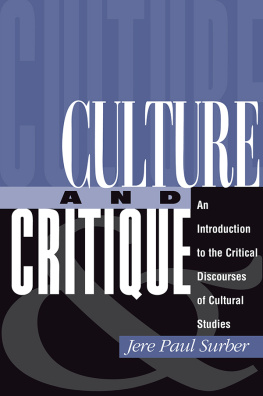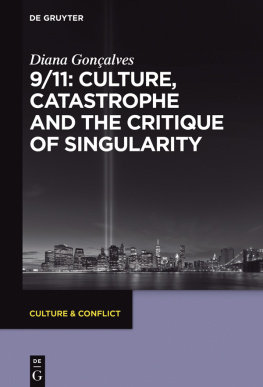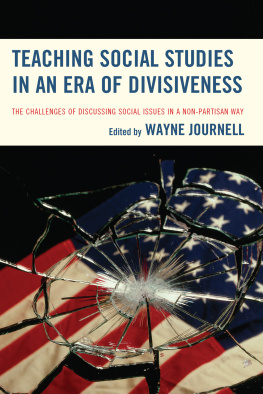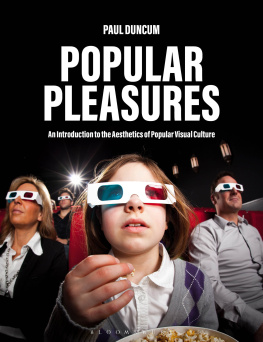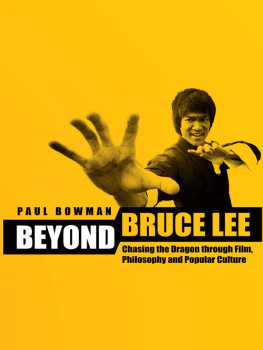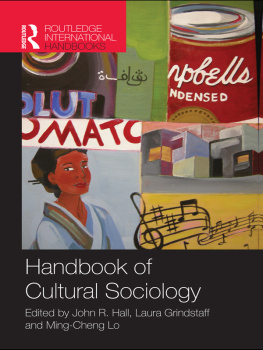Figure 4.1 is reprinted from New Introductory Lectures on Psycho-Analysis by Sigmund Freud, translated by James Strachey, translation copyright 1965, 1964 by James Strachey. Reprinted by permission of W.W. Norton & Company, Inc. We also acknowledge Sigmund Freud copyrights, The Institute of Psycho-Analysis and the Hogarth Press, for permission to quote from The Standard Edition of the Complete Psychological Works of Sigmund Freud, translated and edited by James Strachey. is reprinted from Structural Anthropology, Volume 1, by Claude Levi-Strauss. English translation copyright 1993 by Basic Books. Reprinted by permission of Basic Books, a division of HarperCollins Publishers, Inc.
is reprinted from Richard Johnson, What Is Cultural Studies Anyway? Social Text 16 (vol. 6, no. 1, Winter 1986/87), p. 47. Copyright Duke University Press. Reprinted with permission.
First published 1998 by Westview Press
Published 2018 by Routledge
711 Third Avenue, New York, NY 10017, USA
2 Park Square, Milton Park, Abingdon, Oxon OX 14 4RN
Routledge is an imprint of the Taylor & Francis Group, an informa business
Copyright 1998 Taylor & Francis
All rights reserved. No part of this book may be reprinted or reproduced or utilised in any form or by any electronic, mechanical, or other means, now known or hereafter invented, including photocopying and recording, or in any information storage or retrieval system, without permission in writing from the publishers.
Notice:
Product or corporate names may be trademarks or registered trademarks, and are used only for identification and explanation without intent to infringe.
Library of Congress Cataloging-in-Publication Data
Surber, Jere Paul.
Culture and critique : an introduction to the critical discourses of cultural studies / Jere Paul Surber.
p.cm.
Includes bibliographical references and index.
ISBN 0-8133-2046-1.ISBN 0-8133-2047-X (pbk.)
1. CultureStudy and teaching. 2. CulturePhilosophy.
3. Critical theory. 4. Discourse analysis. 5. Social sciences
Philosophy. I. Title.
HM101.S947 1998
306'.071dc21
97-29379
CIP
ISBN 13: 978-0-8133-2047-2 (pbk)
This work is a genuinely collective project, involving not only my own study and thought but that of the many students and colleagues in dialogue with whom I learned what now appears between its covers. I thank them one and all for their patience, generosity, and support. Most of all, however, I am grateful for their continually holding my feet to the fire, for reminding me that the enterprise of cultural critique must remain constantly in touch with the joys, sufferings, and hopes of real human beings who are trying to navigate their diverse ways through the labyrinth of everyday life in the contemporary worldand for never letting me forget that it can still be changed for the better. If I did not learn your lessons well enough, be assured that Im still trying.
Several notes of special thanks are also in order. My colleagues in the department of philosophy at the University of Denver have, over many years, provided a warm home for mesomeone who in most places would have been regarded as an intellectual transient or worse. Professor M. E. Warlick of the department of art and art history has been one of the fixed stars in my intellectual firmament for these many years, and I thank her for sharing in so many of my academic and intellectual adventures at the margins of the modern mind. If Sophia has a face, it is hers. I should also like to express my appreciation for the staff at Westview Press, especially my text editors, Melanie Stafford and Rebecca Ritke, whose thoughtful and perceptive suggestions have managed to remove much of the detritus of a Roman Catholic and later German education from my often Teutonic writing style.
Most of all, I want to thank my partner (in many more senses than I could enumerate), Karen C. Smith. She, more than anyone, provided the energy and support that allowed me to bring this project to a conclusion. And I have to thank my son Guy not only for the space to work but for keeping me at the cutting edges of popular culture as only an early teen can. He is certainly the most exacting and critical semiotician that I know.
Jere Surber
Denver, Colorado
It is difficult to imagine a time at which human beings were entirely satisfied with the conditions of their lives. It is equally hard, if not impossible, to conceive of a state of affairs either natural or cultural to which every person or group would give its unqualified assent. In fact, the most archaic narratives we have, from mythologies to founding religious texts, to the earliest histories of world civilizations, are full of conflict, opposition, and revolt against established order. Since the beginnings of documented human association, human culture and its implicit critique seem to have developed hand in hand.
However, the subject of this book is not an implied, vague dissatisfaction with a particular policy, institution, or order of things; it is rather the various explicit and particular critical conceptions of and articulations about culture that have influenced our common understanding of ourselves and our societies. These conceptions can be grouped into certain categories. Each type or style of cultural critique is founded on certain assumptions, proceeds more or less methodically from that foundation, and implies definite judgments about the nature, values, and ends of what is being criticized.
In the European tradition, such an articulated critical enterprise can be regarded as commencing with the interrogations of Socrates (470-399 B.C.), the Athenian gadfly usually credited with founding the discipline of philosophy. Socrates, who apparently wrote nothing of note himself, is known primarily through the various Dialogues of Plato (427-347 B.C.), in which he appears as the central figure. It is virtually impossible to disentangle the views of Socrates from those of his student-chronicler, but Socrates appears to have been instrumental in bringing to prominence several conceptual distinctions that are important for understanding the development of our views of culture and its critique.
Even before Socrates the Greeks had come to a critical differentiation between natural and human phenomena. As early as the seventh or eighth century B.C. as evidenced by the Iliad and the Odysseyit had become customary to distinguish those objects in the surrounding world that appeared to remain always and everywhere the sameplants, animals, the seasons, the stars, and so forthfrom others that seemed to vary from time to time and place to place, such as languages, customs, laws, political institutions, and so on. The Greeks came to refer to the former sorts of things collectively as physis, or what we would roughly translate as nature, and to the latter as nomos, or, approximately, custom or perhaps even culture. The crucial point of this distinction was that while nature, physis, provided the fixed context to which human beings could do nothing else but adjust their lives, human-made things and institutions,

